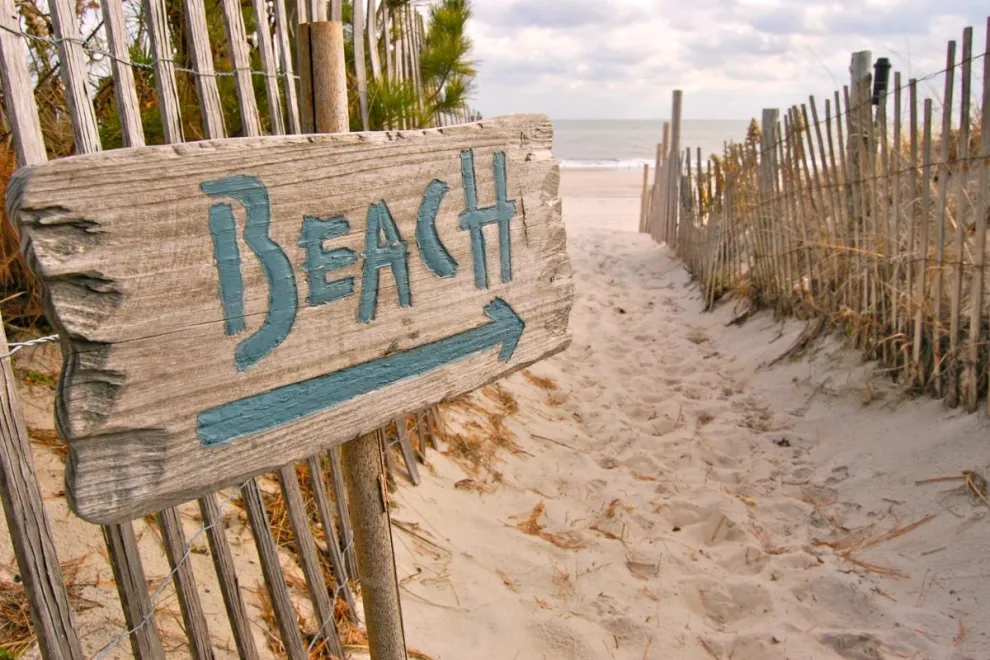What is Deeded Access and Why It Matters for Buyers and Renters

Deeded access refers to the right to legal access to the land. In the context of the real estate and vacation rental industry, it’s important because it significantly increases the appeal and market value of a vacation rental property. Buyers and renters see guaranteed access to a lake, beach, or river as a premium feature.
A premium feature like this will make a property much more attractive on platforms such as Airbnb or Vrbo. For vacation rental buyers, understanding this will help to evaluate property value or predict the impact it will have on profitability.
Read to find out more details and legal aspects behind it.
What is Deeded Access?
Deeded access is a legal term used within the property industry, including short-term and vacation rentals. This term refers to the legal right to access a specific piece of land or property, often granted via the property deed.
A deed is a legal document that signifies the ownership of a property, and it can include rights of access, or "easements," to other properties or features, like a lake, private beach, or a public access path.
Deeded access means that the owner of a property, even if they don't directly own the land they're given access to, has a right of way to use it. For instance, in a vacation rental scenario, a property owner might have deeded lake access.
This means that the owner, their tenants, or any potential buyers of the property have the legal right to access the lake, even though they do not own the land abutting the shoreline. This is common in areas where multiple properties surround lakes, and owners want to ensure access to the water for boating, swimming, or other activities.
Understand the Legal Side of Deeded Access
Deeded access is often an important selling point for vacation properties. Potential buyers may be attracted to a property with deeded lake access, as this guarantees that they can use the lake without owning land directly on the shoreline.
The nature of this right can vary greatly based on state laws and the specific language used in the property's deed. In some cases, the access may be broad, such as being able to use a private beach or boat dock at any time. In other situations, the access could be more limited, such as only being able to use a path across a neighbor's property to reach the lake.
As deeded access involves legal rights and often complicated property law, property owners or potential buyers interested in securing or understanding it should seek professional guidance. This can help them understand the exact terms of the deed, the extent of their rights, and any restrictions that might apply.
In some cases, conflicts can arise around the use and enforcement of deeded access. For example, the property owner with the easement may overstep their boundaries, or the owner of the land being accessed may try to limit the access unfairly. Again, in these situations, professional guidance is highly recommended.
What Does Deeded Access to the Beach Mean?
Deeded access to the beach means that the property owner has a legal right, stated in their property deed, to access a beach area. This access is often via a specific pathway or right of way across another property or communal area.
It's important to note that while the property owner has the right to access the beach, they do not own the beach itself. This allows the property owner, and anyone they permit such as renters, to enjoy the beach without owning beachfront property.
What Does Deeded Access to the River Mean?
Deeded access to the river, similar to beach access, implies that the property owner has a legal right, outlined in their property deed, to access a specific river.
This can be crucial for properties in areas where river access is restricted or where the river is surrounded by private properties. You can get right to walk through the land of a property owned by someone else to get to the water. The owner, and any permitted individuals, can use the river for activities like fishing, boating, or swimming.
Can You Build on Deeded Access Property?
Having deeded access doesn’t automatically give you the right to build or make changes on the land you access. Deeded access typically grants use rights, such as walking to a lake, using a beach, or crossing a neighbor’s land, and not ownership rights.
Any construction (like docks, sheds, or pathways) usually requires explicit permission in the deed, along with local zoning approvals, permits, or HOA consent. Unless the deed explicitly grants building rights, construction on deeded access land is not permitted.
Why Deeded Access Matters for Property Buyers and Airbnb Hosts
For property owners, deeded access adds long-term value and marketability to their investment. You can command higher sale prices and rental rates. Beyond property value, deeded access ensures that owners and their renters can enjoy recreational activities like boating, swimming, or fishing.
For vacation rental hosts, this feature becomes a powerful selling point on platforms such as Airbnb or Vrbo.
If you rent your rental property with deeded access on Airbnb and Vrbo, it will be comfortable to manage your rental business using vacation rental software. Explore the possibilities of iGMS for your rental business right now!





